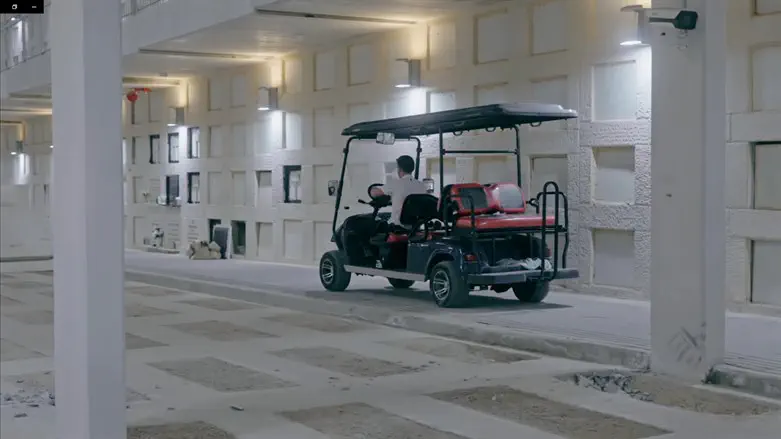
It’s a given that Jews have a deep connection to the land of Israel, a connection that can’t be judged by whether they lived there or not, nor by how many times they’ve visited (or didn’t), due to any number of obstacles. At the end of the day, most Jews wish to be buried in Israel, most preferably – in Jerusalem.
Those with children who have made Aliyah have an even greater motivation to make this dream a reality, so that their children and grandchildren will be able to visit their graves.
The Jerusalem Burial Society, the largest burial society in Jerusalem and the second-largest in all of Israel, deals with the majority of burials in the Holy city. Their staff is available 24/6 to assist mourners during their most difficult time. Founded 80 years ago by a group of rabbis and other prominent public figures, the Jerusalem Burial Society takes families’ individual desires into consideration while remaining within the parameters of Jewish law.
The Jerusalem Burial Society has various options and price ranges for burial on the centrally located Har Hamenuchot, from graves under the open sky to catacombs built underground with cutting-edge technology.
The latter, a state-of-the-art project called Hallowed Halls of Eternal Life (Minharot Olam), is the first of its kind in the world, and allows for dignified burial in accordance with the strictest standards of Jewish law, approved by Israel’s Chief Rabbis.
The Hallowed Halls, a marvel of modern engineering, are fully accessible by elevators and golf carts. Closed-circuit cameras, 24-hour security, and an intercom system allow for peace of mind. WiFi and cell phone reception are available throughout the complex. Innovative thermostat technology maintains an even temperature of 72 degrees F year-round, so that funerals and memorial services can be held without concern for rain, heat or inclement weather.
As technologically innovative as the Hallowed Halls are, Rabbi Moshe Shimon, CEO of the Jerusalem Burial Society, stresses that this underground cemetery is in fact the revival of an ancient tradition. “The first burial mentioned in the Torah was in a cave, Me’arat HaMachpelah,” he says. “It’s like we do today, although there was no technology then.”
Shimon stresses that the Jerusalem Burial Society has options for all families and communities, “always with the utmost sensitivity to the individual desires and needs of the mourners.”
For more information please visit